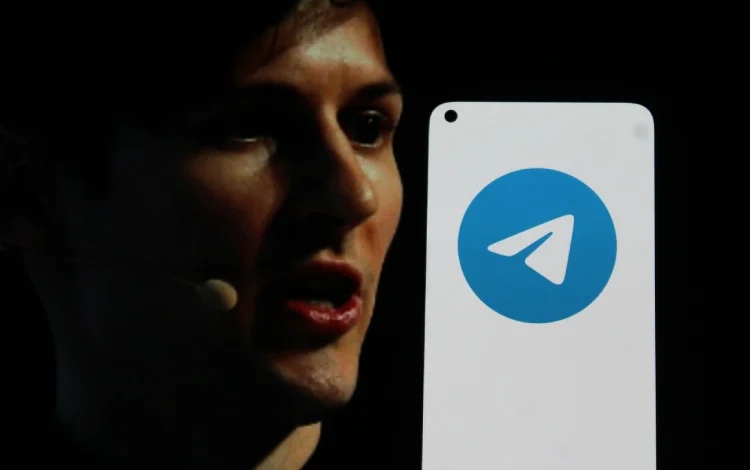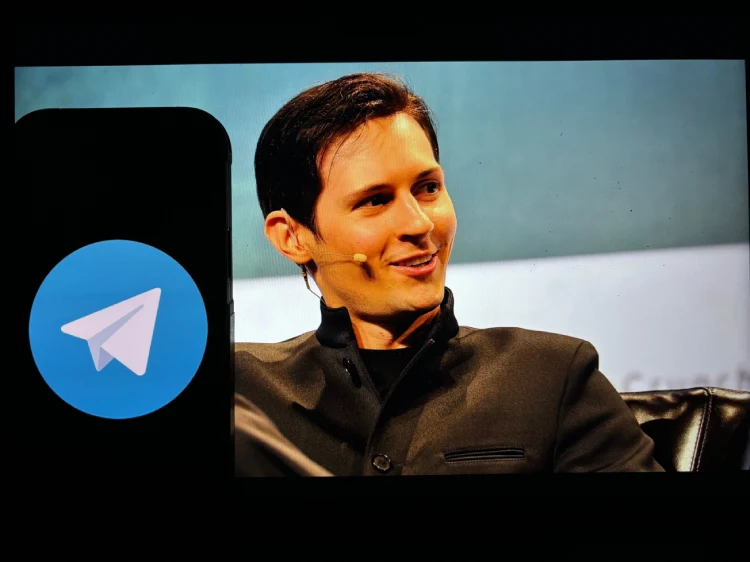
Telegram Founder to Split Fortune Among 106 Biological Children
Telegram Founder Outlines an Inheritance Strategy That Combines Bloodline, Philosophy, and Control
Pavel Durov, the founder of encrypted messaging platform Telegram, has laid out a will that reads more like a calculated legacy plan than a simple distribution of wealth. The Russian-born billionaire intends to divide his $17 billion fortune equally among 106 children — six conceived through relationships and around one hundred more born through sperm donations over the past 15 years.
An Inheritance Locked for Three Decades

Speaking with Le Point magazine, Durov said he sees no distinction between his children, regardless of how they were conceived. He emphasized that each of them will receive equal rights to his wealth. This egalitarian approach to legacy might seem idealistic, but the underlying structure is meticulous. No child will be granted access to the funds until 30 years after his death.
This long-term freeze on assets reflects Durov’s broader pattern of choosing control over convenience. In a world where the ultra-wealthy often move to establish dynasties with immediate effect, his approach stands apart.
It echoes the strategies of ancient rulers who left pyramids, bloodlines, and enduring systems behind, though in this case, the monument is digital, not stone.
Children Spanning Twelve Countries
Durov’s family extends across 12 countries, a constellation of identities shaped through assisted reproduction. While the full list of recipients remains private, the existence of this global network is not entirely surprising.
In 2023, Irina Bolgar, a dual citizen of Russia and Switzerland, publicly stated that Pavel Durov had fathered her three children. Sharing photographs and official documents, she backed her claim in an interview with the Russian edition of Forbes.
Her account added to a growing number of reports from women around the world who say they conceived children using sperm donations reportedly linked to the Telegram founder.
In contrast to most tech entrepreneurs who champion transparency in public domains while keeping their personal lives guarded, Durov has done the opposite.
He has maintained strict secrecy about his business operations, even avoiding venture capital in order to retain sole ownership of Telegram. Yet his personal life now spans dozens of households, some of which he may never visit or even know in detail.
Nearly ten years ago, an entrepreneur based in Paris quietly remembered encountering Durov at a little-known retreat for technologists held in the countryside outside Toulouse.
According to the source, who asked to remain anonymous, Durov spent several days there quietly engaging with researchers focused on long-term societal resilience. He never mentioned his growing family but left behind a handwritten note in Cyrillic on a whiteboard: “Not all inheritance is monetary.”
Echoes of Rebellion in Every Decision
While some commentators have criticized the scope and opacity of his fatherhood, others view the will as a symbolic gesture rooted in meritocratic principles. Technology ethicist Léa Moreau, based in Geneva, noted that “Durov’s choices may appear extreme, but they represent an intentional rejection of short-term privilege in favor of individual growth.”
That individual growth will happen against the backdrop of an unconventional life. Durov, now 40, has lived in Dubai for several years after leaving Russia under pressure from authorities. He had refused to surrender activist data from his earlier platform VKontakte, often referred to as the Russian Facebook.
After a series of confrontations with Russian intelligence agencies, he was reportedly forced out by Kremlin-linked investors and has lived abroad ever since.
Durov also recently returned to Dubai following legal issues in France, where he had been under investigation for allegedly enabling criminal content on Telegram. He denied any wrongdoing. Despite the controversies, Telegram now serves over one billion users and remains a vital communications tool in conflict zones such as Ukraine.




